The Importance of the Mandibular Nerve: Why I Heart It
Discover the vital role of the mandibular nerve and why it’s a heartthrob in the world of dentistry.

Discover the vital role of the mandibular nerve and why it’s a heartthrob in the world of dentistry.
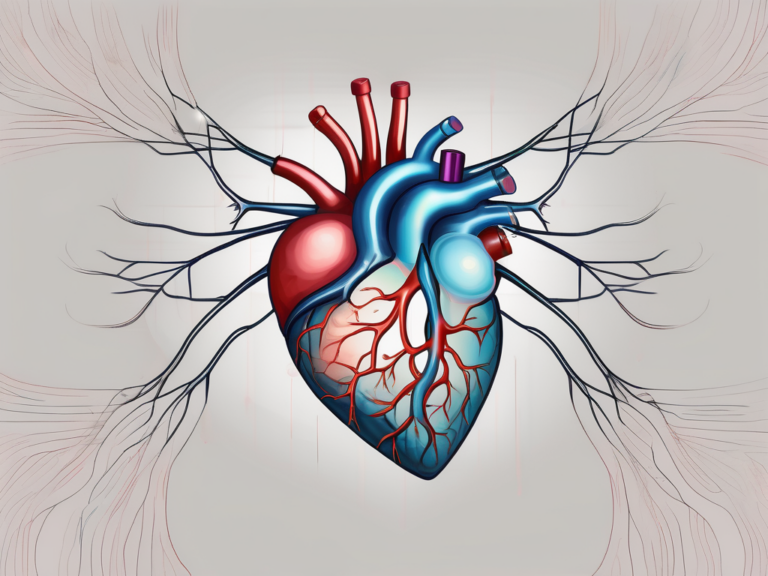
Discover why the trochlear nerve is a vital player in the human body and why it deserves our admiration.
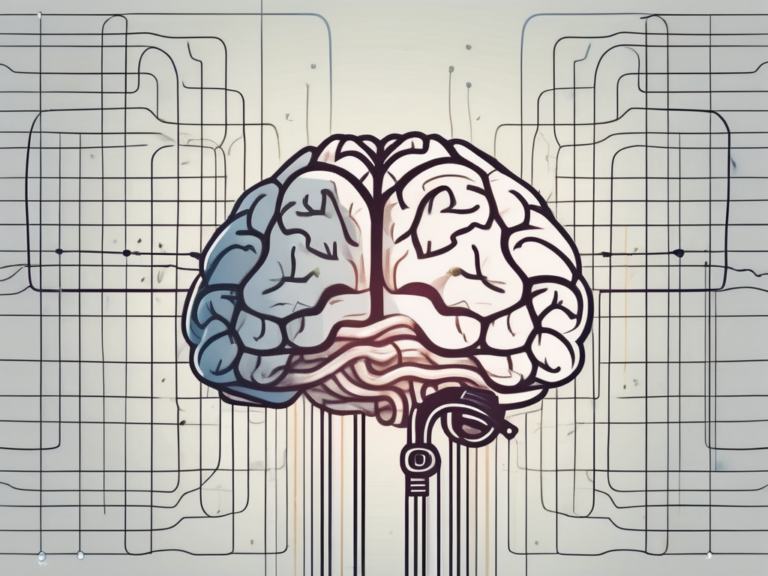
Uncover the ultimate guide to brain stimulators in “I Heart Brain Stimulators.” From cutting-edge technology to expert tips, this comprehensive article will provide everything you need to know about enhancing your cognitive function and unleashing your full potential..
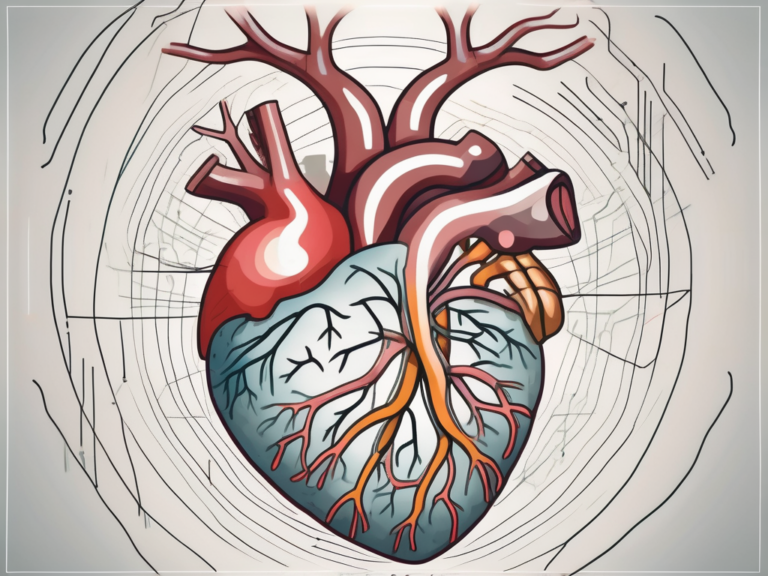
Discover the fascinating role of sympathetic nerves and why they are essential for the proper functioning of the heart.
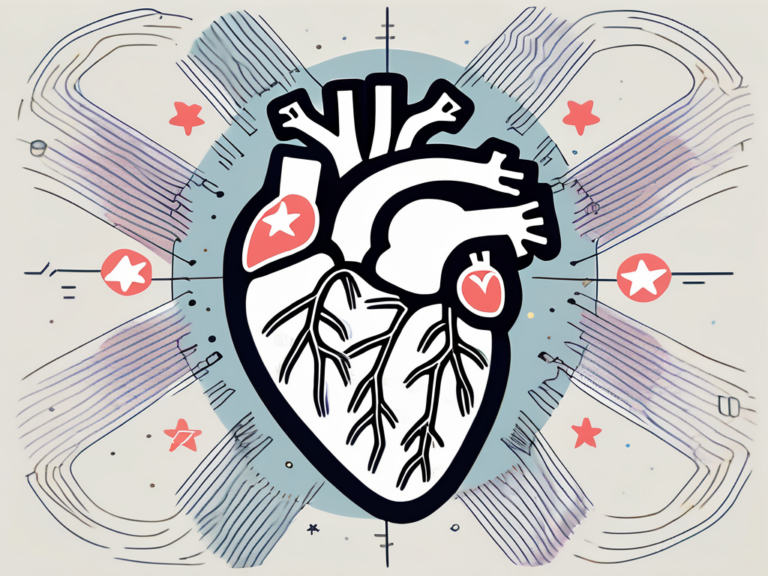
Discover the incredible benefits of vagus nerve stimulators and learn why they’ve captured the heart of many.

Delve into the captivating world of the auricular nerve and discover why it holds a special place in the heart of medical professionals.

Discover the crucial role of the abducens nerve in eye movement and visual coordination.
Explore the intricate world of the cochlear nerve and gain a deeper understanding of its pivotal role in the auditory system.
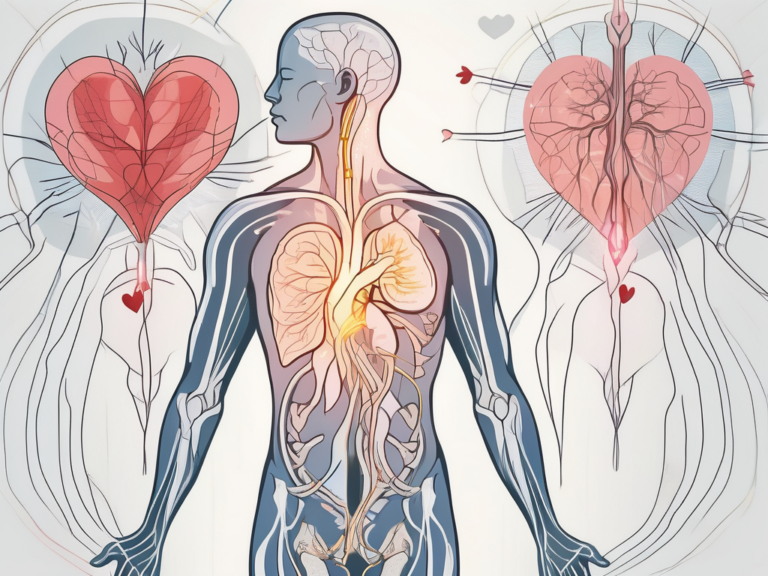
Discover the fascinating role of the perineal nerve and why it’s a crucial aspect of human anatomy.
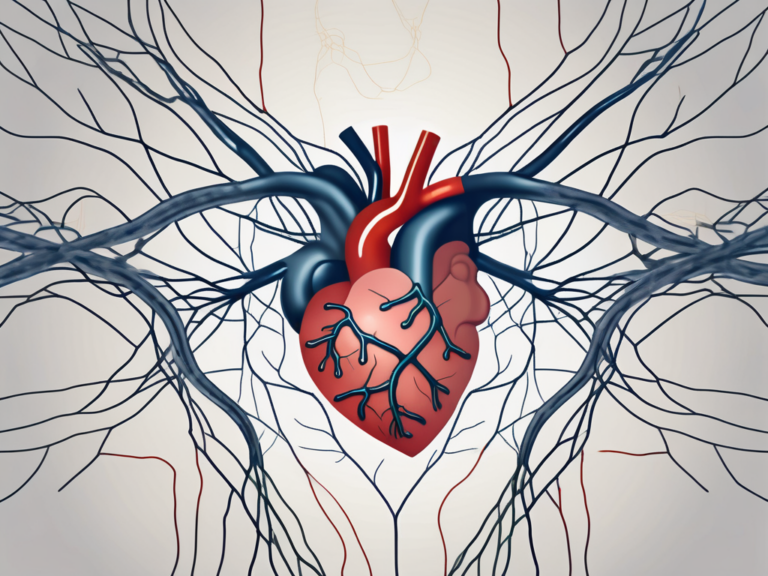
Explore the fascinating world of vasovagal syncope in this comprehensive article.